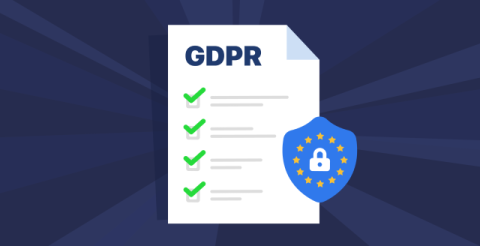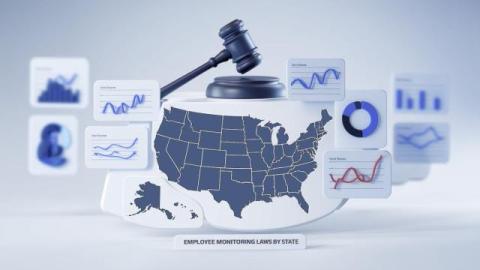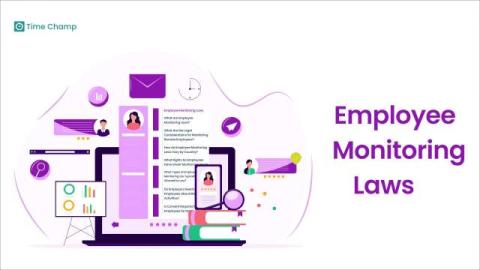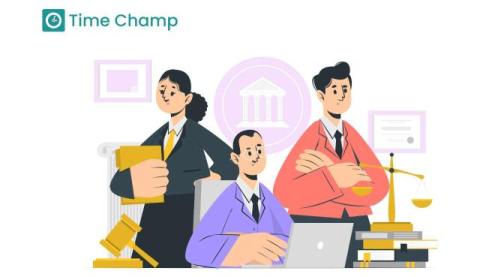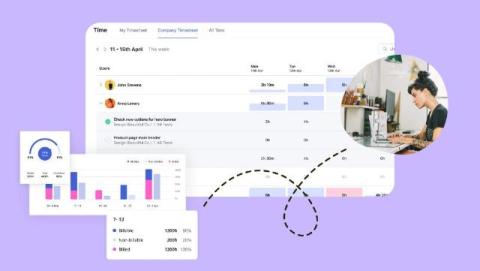Stay Compliant: GDPR Messaging Apps That Prioritize Privacy First
Data security often feels like that overly cautious colleague who locks up everything – even the stapler. But when it comes to protecting sensitive information, they’re not wrong. If your team uses messaging apps to collaborate, share files, or brainstorm ideas, you’re already handling personal data more often than you think. Names, emails, project details – it’s all part of the mix.


